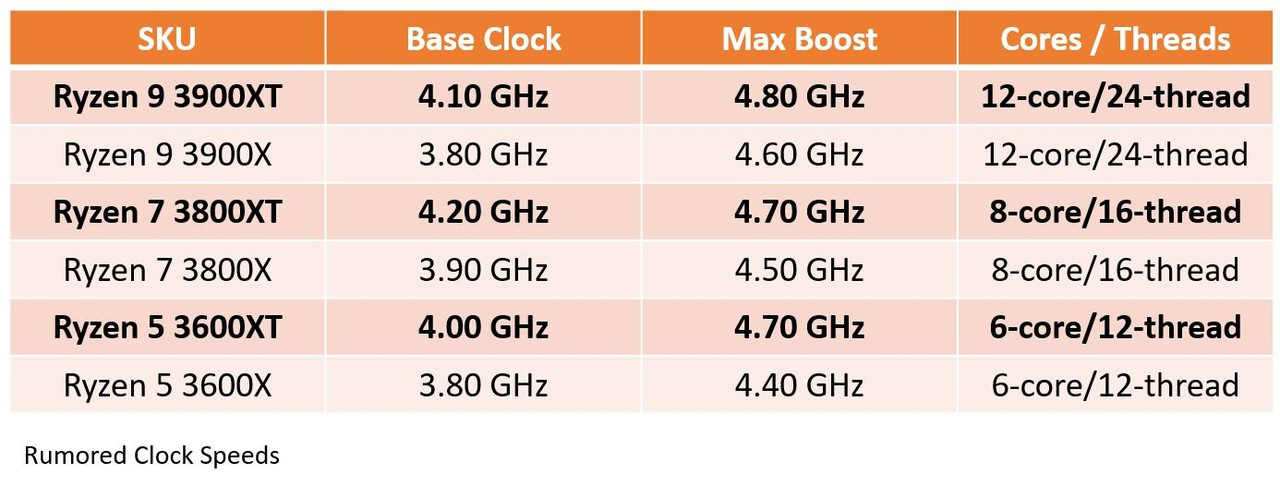I presume if the to end goes up the sustained clocks will come up to? I've never seen anyone complain their chip clocked too high
I'm interested to know because if the sustained in game clocks are only 200Mhz higher its going to make little difference, <4%.
To be honest, Steve Burk is one of those people who likes to test games at lower settings which pushed up lower thread count CPU's.... the guy likes to pretend that's he's really clever, but he clearly does not understand that using lower settings in games also puts less load on the CPU especially in Multithreading, the game is designed like that to put less stress on lower end CPU's when you use lower IQ settings. so the 4 core CPU's look better than they actually are.
Having said all of that despite Steve's completely over bloated charts padded out with high overclocked Intel CPU's if you actually look closely at them Zen 2 gaming performance is actually very good.
This is the weakest Ryzen 3000 chart he has, the 3900X there at 4.3Ghz is just under the 5.1Ghz 9600K, or about 17% slower than the 5.2Ghz 10900K.
But look at the difference between the stock 3900X and the 4.3Ghz 3900X, its 2%.
https://www.gamersnexus.net/hwreviews/3587-intel-core-i9-10900k-cpu-review-benchmarks




